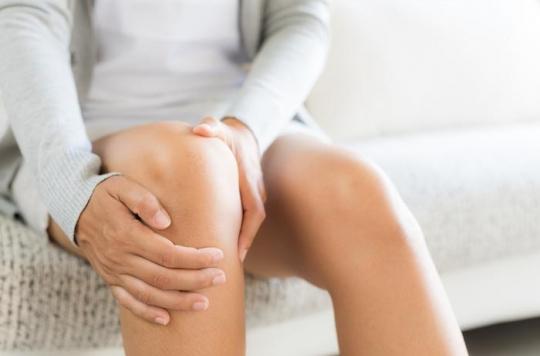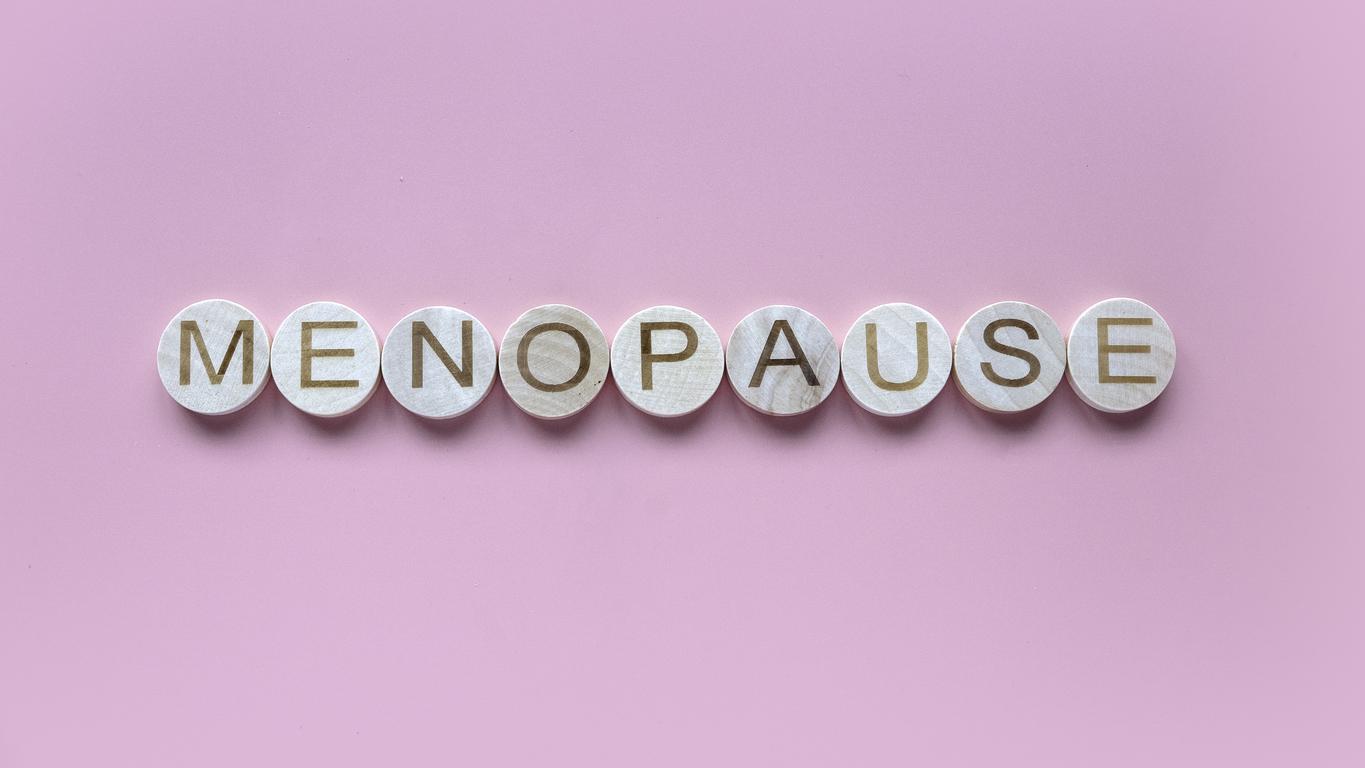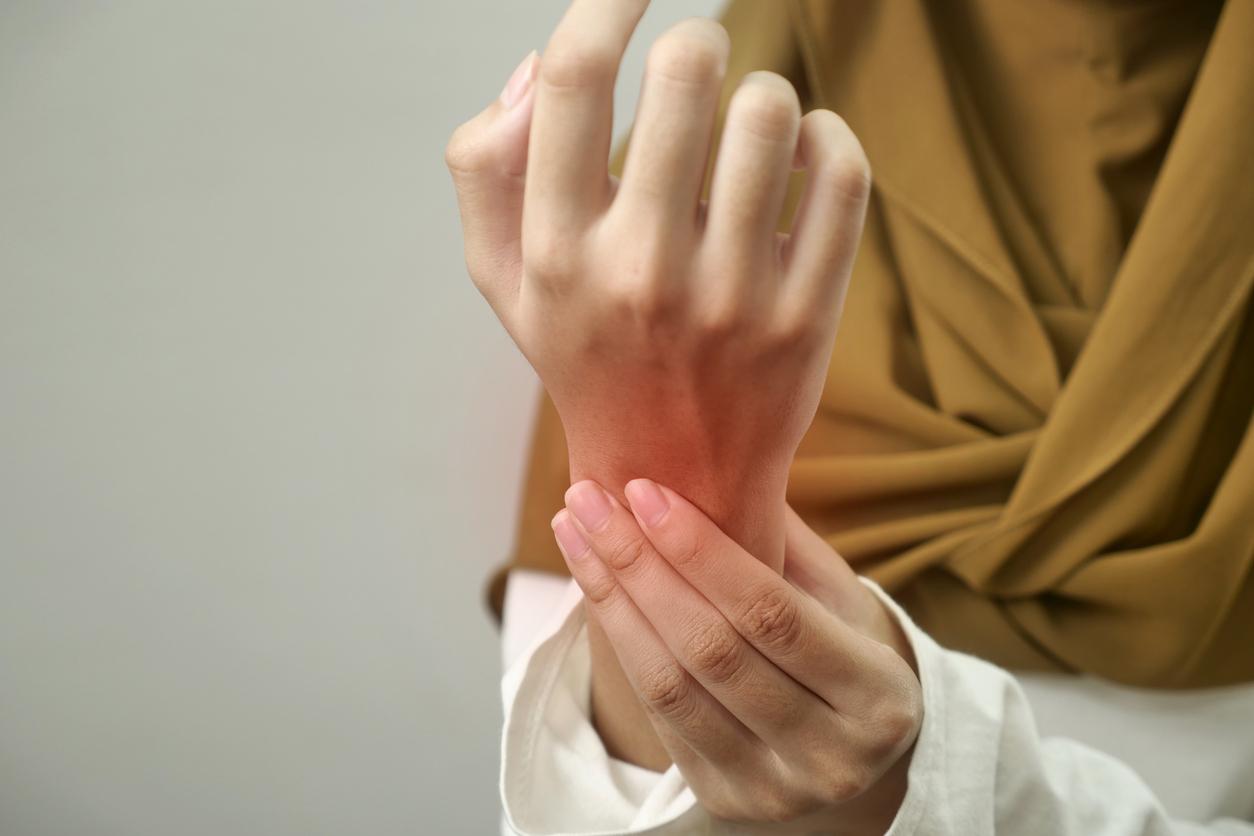A study shows for the first time that hormone replacement therapy protects against knee osteoarthritis and pain.

The relationship between knee osteoarthritis and hormone therapy is the subject of ongoing debate, with the results of published studies on the subject being mixed. A news research large-scale study conducted in Korea shows that the prevalence of knee osteoarthritis in women on hormone therapy is significantly lower.
4,800 postmenopausal women
Since estrogen has an anti-inflammatory effect, it has been hypothesized that hormonal changes in women, especially decreasing estrogen levels, may lead to increased osteoarthritis after menopause. The most common treatments for knee osteoarthritis include surgery or anti-inflammatories, both of which are associated with risks such as surgical complications or gastrointestinal upset.
The study in question is based on data from nearly 4,800 postmenopausal women. She concluded that the prevalence of knee osteoarthritis was significantly lower in participants using hormone therapy than in those not taking hormones. The authors noted, however, that further research is warranted to account for other variables like age and body mass index.
“Inhibit cartilage damage”
“Hormone therapy may protect against knee osteoarthritis,” says study director Dr. JoAnn Pinkerton. “This study suggests that estrogen taken at menopause can inhibit cartilage damage and reduce knee deterioration seen on x-rays,” she concludes.
A chronic joint disease, osteoarthritis affects cartilage, the tissue that covers the ends of the bones in a joint. Some elements are risk factors such as age, being overweight, carrying heavy loads repeatedly, but in some cases the disease is hereditary. At times, the cartilage degrades rapidly, causing what are called osteoarthritis attacks, or inflammatory flare-ups, which are very painful. The rest of the time, many pains, associated with stiffness, poison the lives of people who suffer from osteoarthritis, despite the consumption of painkillers.
A considerable burden
Affecting nearly 10 million people in France, mostly women over 60, osteoarthritis and its management represent a real public health issue. It is estimated that by 2050, 130 million people will suffer from osteoarthritis, which will represent a considerable burden for the health services of the various countries. A prospect that is all the more worrying since currently, no treatment can cure the causes of osteoarthritis.

.

















